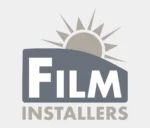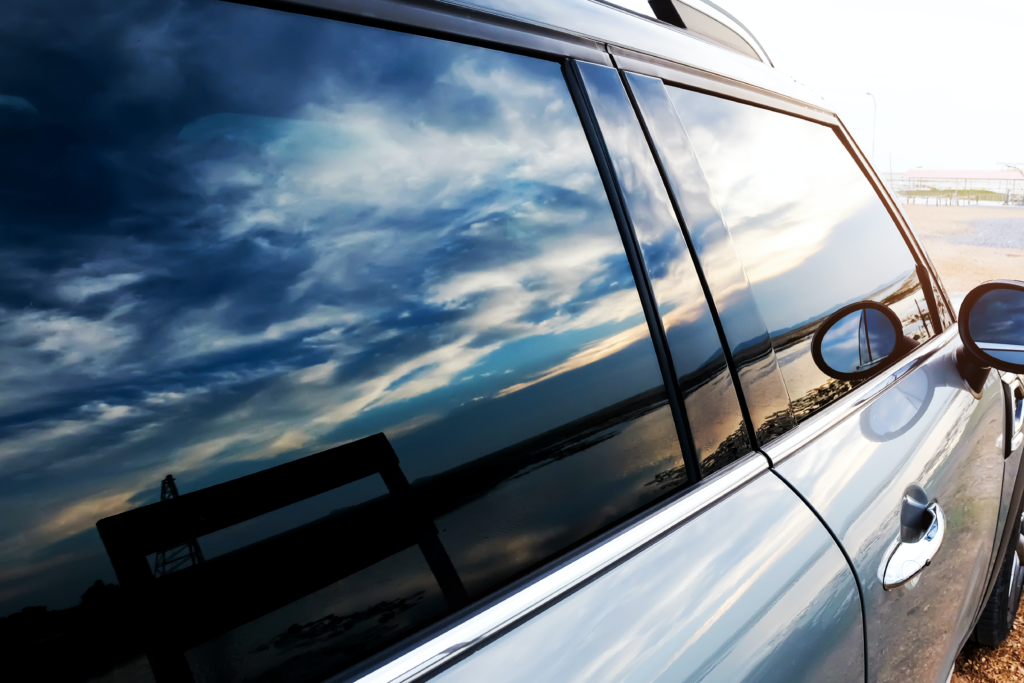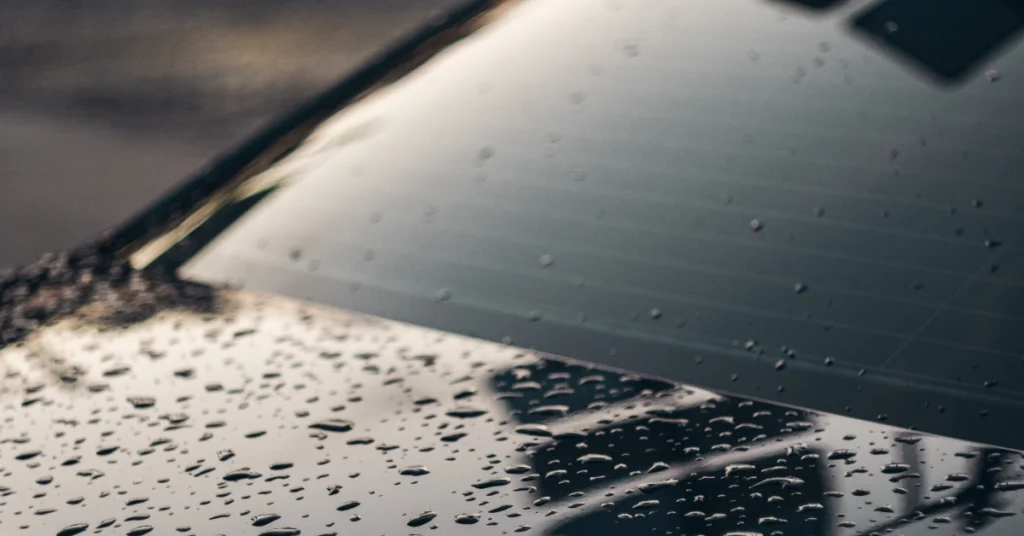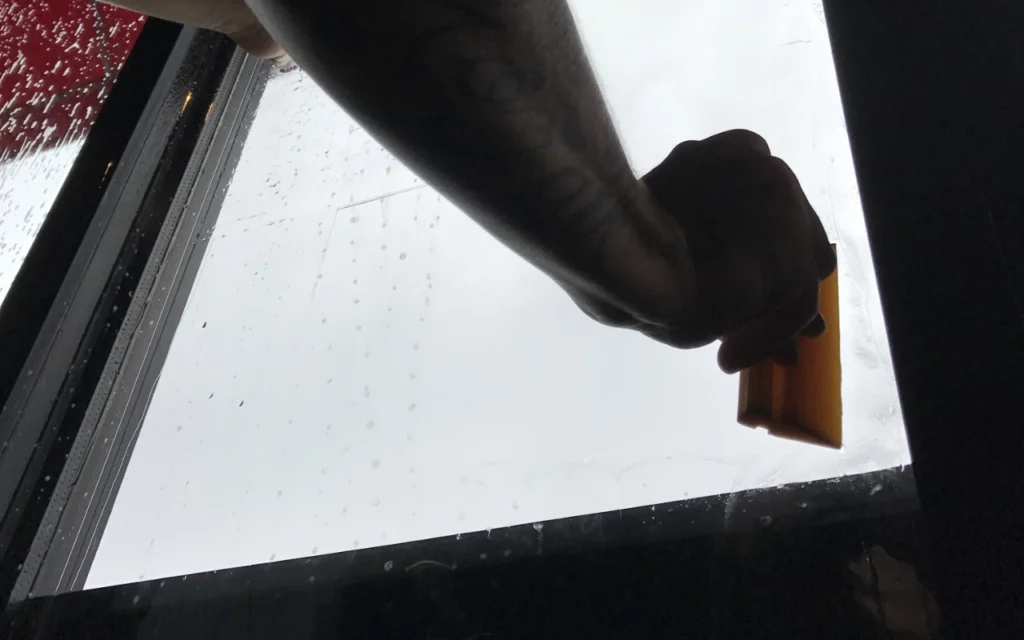
Window film is a valuable addition to any vehicle, home, or business. With the numerous benefits of window tint, it has become a must-have for many people and as for the automotive world, in most cases, the first aftermarket accessory installed after a new car purchase. Whether you’re looking to enhance privacy, protect against harmful UV rays, or simply elevate the aesthetic appeal of your home, vehicle or business visually, in this post, we will explore the advantages of window film, discover all of its versatile uses and learn about all of its beneficial qualities.
What Is Window Tint
The word tint itself means: to impart or apply a tint to; color. The process of window tinting can be defined as: the application or installation of a thin film to the surface of glass.
What Are the Benefits of Window Tint
- Increased Privacy and Security
- Protection Against Harmful UV Rays
- Heat Reduction and Energy Efficiency
- Glare Reduction for Improved Visibility
- Enhanced Aesthetics and Style
Different Types of Window Tint
- General Purpose
- Dyed
- Metalized
- Carbon
- Ceramic
- Dual Reflective
- Decorative
- Safety
The Window Tinting Process
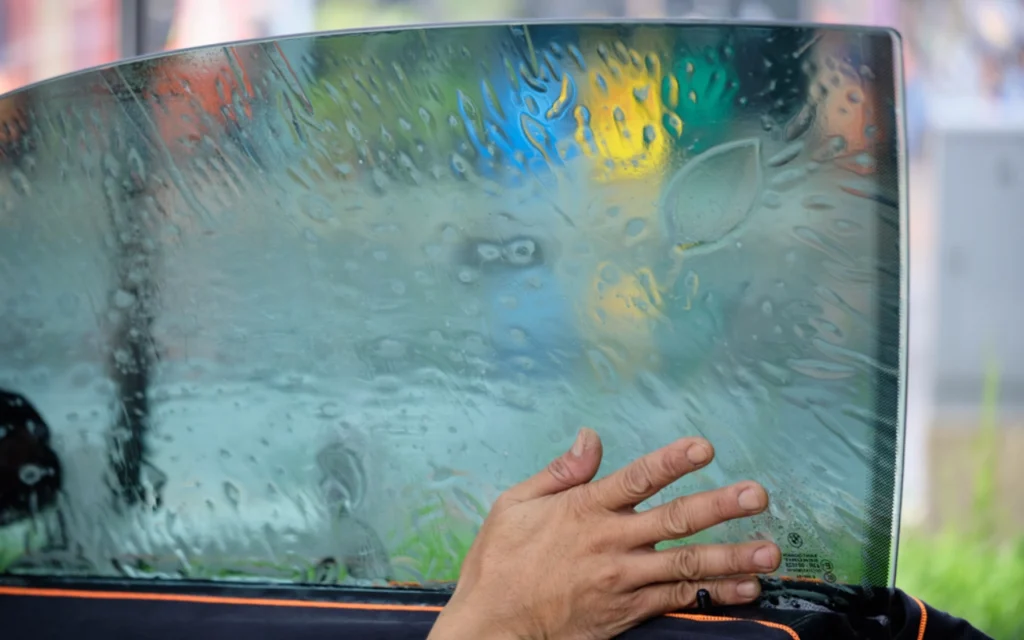
Preparation
During the preparation stage the film installer will clean work surfaces, cut film to exact sizes, shrink or form film as needed and clean seals or sweeps adjacent to glass surface being tinted.
Application
During the application process the installer will clean any debris off the surface of window, apply a slip solution and install the cut to size film onto the window ensuring no contamination.
Curing Process
The curing process can vary depending on a couple of different factors but typically takes 1-2 weeks for most automotive window films and up to 30 days for some residential films.
Window Film Maintenance and Care
Harsh chemicals may potentially damage the window film. Using cleaners that contain ingredients such as ammonia can result in an orange peel effect or cause chemical burns on the film. It is recommended that you use a glass cleaner that explicitly states ammonia-free or tint-safe. Cleaning should always be done with a soft microfiber cloth to prevent surface scratching. If you are unsure, it is best practice to spray the cleaner directly onto the cloth and test a small section of the window to observe how the film reacts before proceeding with a thorough cleaning.
Professional Installation vs DIY Quality
While one can achieve anything with sufficient determination and devotion, it is advisable to entrust professional experts with your window tinting requirements. Unauthorized installation or opting for DIY window tinting can often lead to the nullification of warranties and limited access to superior film quality, which is typically exclusive to authorized dealers. In essence, the short-term savings of a few dollars may result in significant expenses in the future. Consider the pros and cons of professional window tinting versus the DIY approach.
FAQ
What is the cost of window tinting?
- The estimated cost of most automotive window tinting services varies between $180 to $300 for most 4 door sedan style vehicles with standard lifetime warranty film. This varies based on location, type of vehicle and quality of film being used.
- The estimated cost of most professional residential and commercial window tinting range anywhere from $8 to $15 per square foot. This varies based on types of windows and film being used.
How long does window tint last?
The film itself can last for a considerable duration, depending on various factors. With advancements in modern film technology, window tint is designed to have a longer lifespan. Many manufacturers offer lifetime warranties on their high-quality films, ensuring durability and longevity. However, the actual lifespan may vary based on the quality of the installation, environmental conditions, and maintenance practices. Overall, when installed correctly and maintained appropriately, window film can provide years of effective protection and privacy for both vehicles and buildings.
Can window film be removed?
Yes, film installed on the windows of your car, home or business can be removed although the process can sometimes be tedious and is best left to a professional.
Will tint affect GPS or cell phone signal?
Most films are safe but metalized films may interfere with GPS or cell phone frequencies. Higher end films like ceramic are not constructed with any metal fibers, give the consumer superior heat benefits and don’t interfere with any GPS, radio or cell phone signals.
Conclusion
Window film is a valuable investment as it provides privacy, UV protection, and enhances aesthetics. Accompanied with the added benefits of energy efficiency, window tint can be a versatile and must-have addition to any vehicle, home or business.
